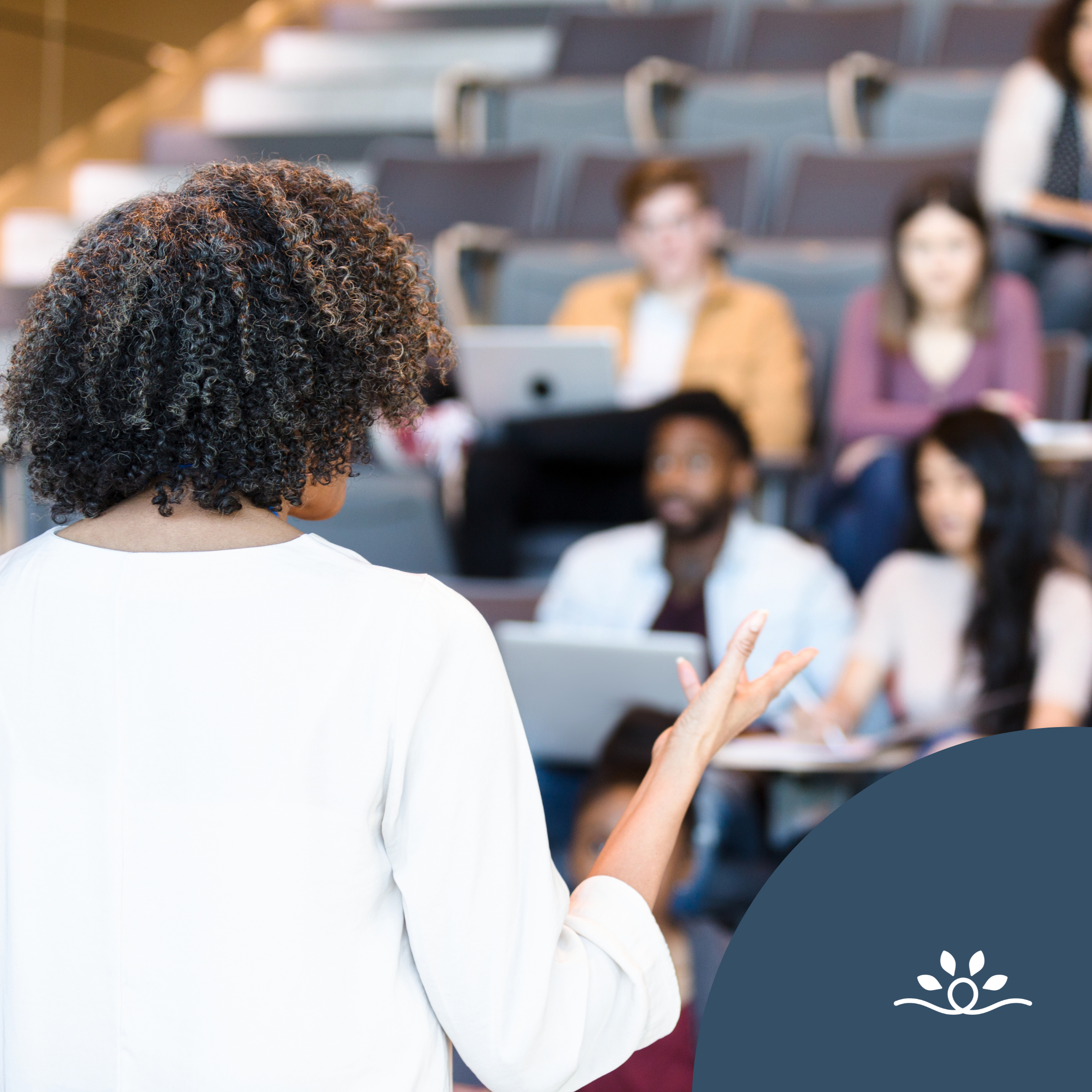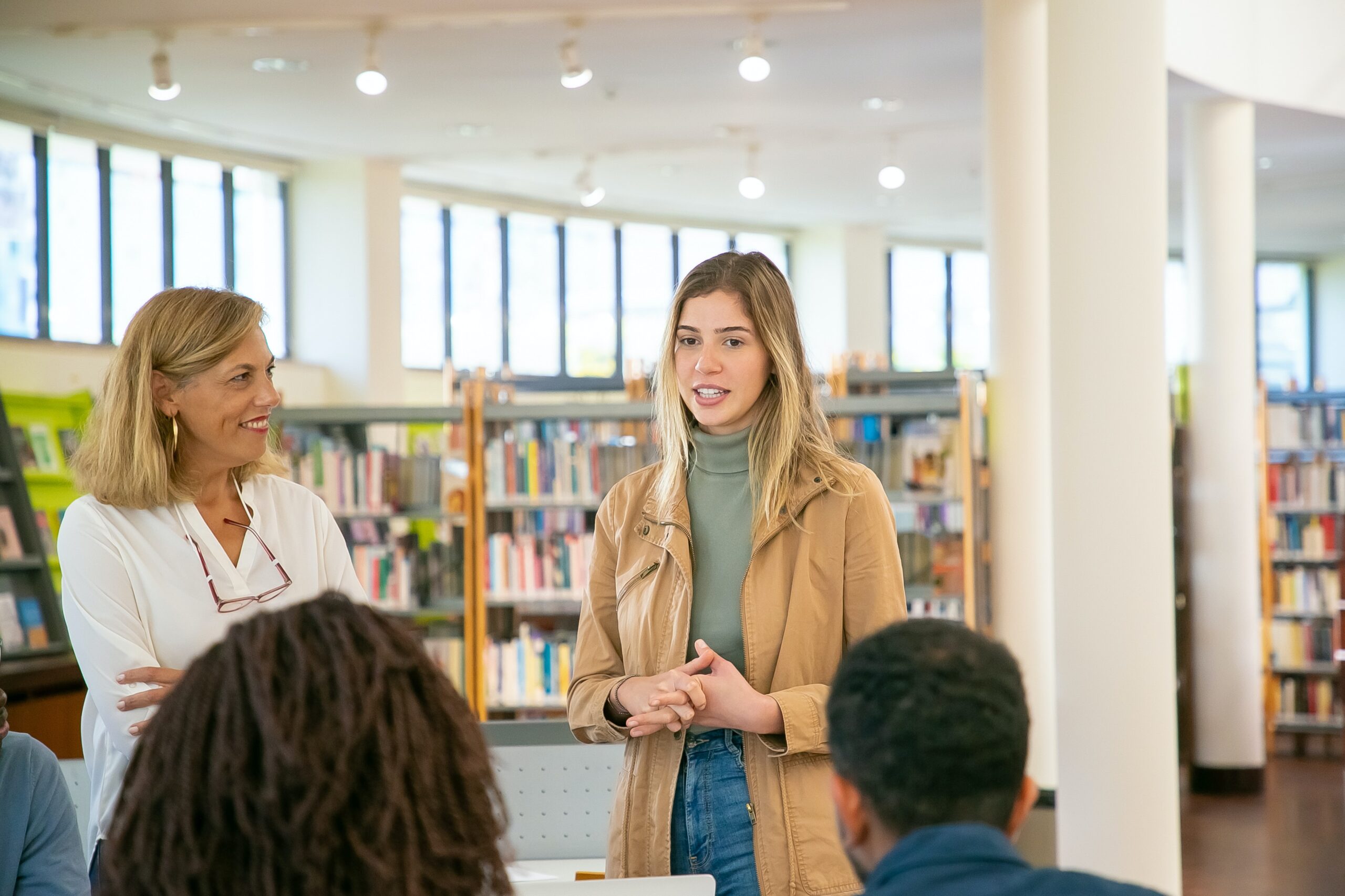Mentorship plays a critical role in the success of disabled students—supporting not only their academic journey but also their personal growth and career development.
Data point and impact
From the Disabled Student Survey: Half of respondents had disabilities diagnosed in college, and over half identify mental health as a concern. At the same time as learning about their own disabilities – often multiple – students are also new to navigating higher education, requesting accommodations, and preparing for their future careers.
Disclosure
You may be one of the first people that a disabled student discloses to. This kind of sharing requires trust and safety – and it is a difficult decision for many students. Be aware of the reasons why a student shares their disability with you and the potential issues around confidentiality.
The power of quality mentorship
Mentorship creates meaningful learning experiences for disabled students. Faculty mentors are arguably the most crucial link between disabled students and approaches that can combat the negative effects of accessibility barriers.
It takes a village
There are few faculty with disclosed disabilities on campus, reducing the transparency of disability and faculty as a resource for disabled undergraduate students. This means that all educators need to be prepared to mentor students with disabilities.
Why relational mentorship is important
Relational mentoring is more than just giving advice or help with tasks. It’s a two-way connection where both the mentor and mentee learn from each other, offer support, and grow together—personally and professionally. It’s about building a relationship that supports success at every stage of a mentees career journey (Ragins & Verbos, 2007).
Tips for relational mentoring with disabled students:

Mentorship at the National Disability Center has been an incredible journey of collaboration and growth. I had the privilege of guiding other students as they built skills and confidence to reach their goals. Watching them thrive and knowing I played a part in their success has been both inspiring and deeply rewarding. Now, I continue this mentorship journey by contributing research that supports the success and inclusion of disabled students in higher education.
– Ryan A. Mata, PhD, Doctoral Research Affiliate



